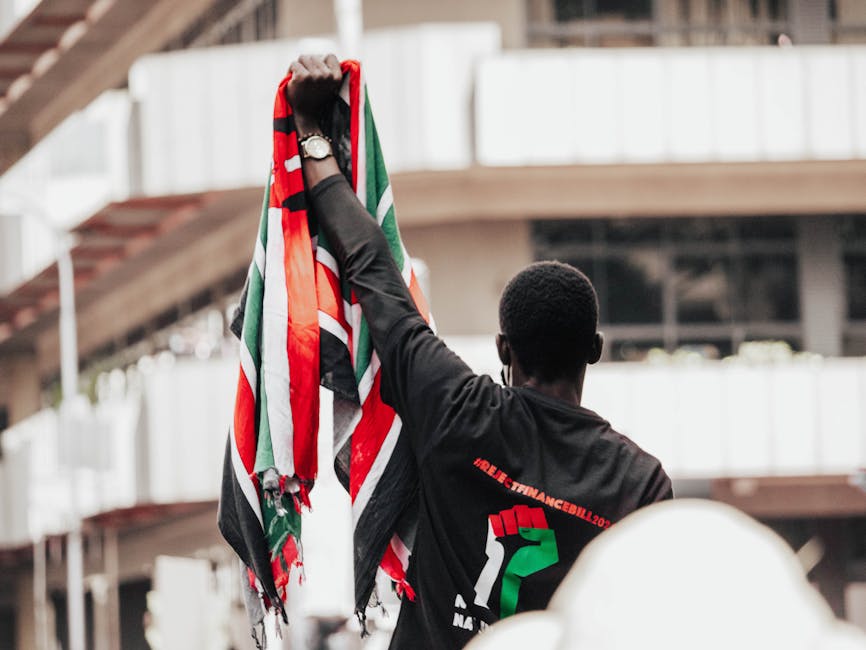US President Donald Trump made headlines by granting refugee status to members of South Africa’s Afrikaner community, citing concerns of a genocide occurring in the country. This move has sparked debates and discussions globally.
The journey of the Afrikaners traces back to Western European settlers who arrived in South Africa during the 17th Century. They amalgamated into a distinctive cultural group deeply rooted in African soil. Their language, Afrikaans, bears resemblances to Dutch.
As they established themselves in Africa, conflicts arose with indigenous communities over land ownership. The introduction of apartheid in 1948 institutionalized racial segregation, further complicating the social fabric of South Africa.
Despite the end of white-minority rule in 1994 and Nelson Mandela’s presidency ushering in a new era, racial tensions and disparities persist in South African society. White people still hold a disproportionate share of economic power and management positions.
According to BBC Africa, Trump’s decision to offer refuge to Afrikaners was based on his belief that a genocide targeting white farmers was underway. However, official sources from various political parties within South Africa have refuted these claims.
A critical aspect underpinning these discussions is land reform. The issue of land expropriation without compensation has been divisive, with differing opinions on how best to address historical injustices faced by black communities during the apartheid era.
President Cyril Ramaphosa emphasized that changes within South Africa are aimed at fostering inclusivity and rectifying past wrongs rather than targeting specific racial groups for persecution. He stated that those leaving the country are resistant to embracing these necessary transformations.
Meanwhile, Elon Musk weighed in on issues related to business ownership laws in South Africa that mandate minority ownership participation for certain licenses. His statements reflect broader concerns about racial dynamics impacting economic opportunities within the country.
The controversial song
“Shoot the Boer”
sung by EFF leader Julius Malema has also stirred debate around freedom of expression versus hate speech laws—a complex issue entwined with South Africa’s historical struggle against apartheid oppression.
While some segments advocate for emigration due to perceived threats or challenges, others remain committed to building a future within their homeland despite existing socio-political complexities and uncertainties.
In conclusion, Trump’s intervention regarding white South Africans sheds light on enduring racial tensions and societal inequalities prevalent in post-apartheid South Africa—a multifaceted narrative requiring nuanced understanding and inclusive dialogue among all stakeholders involved.

